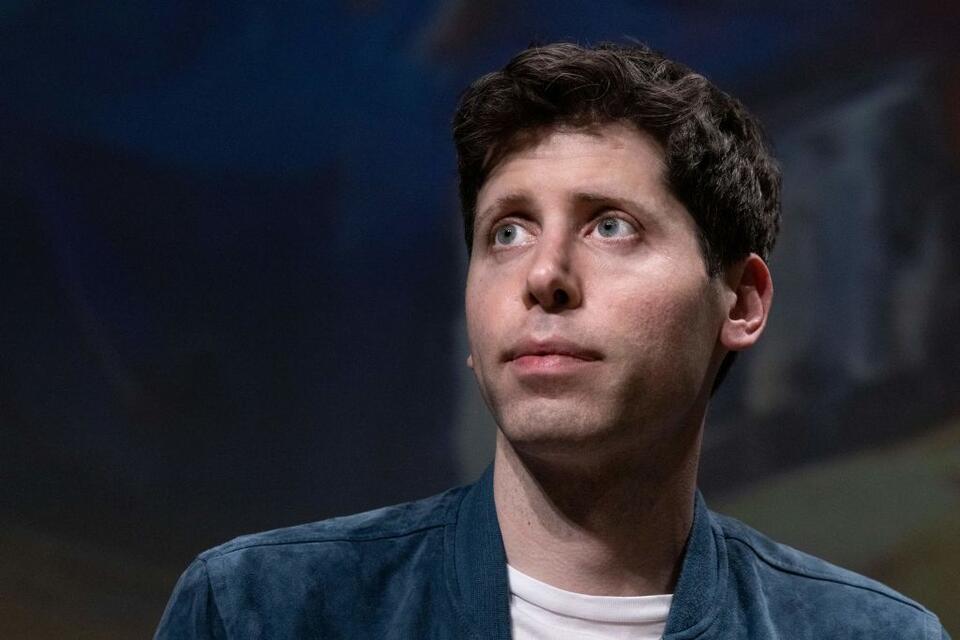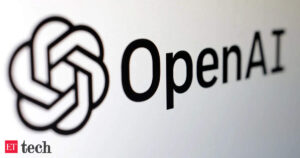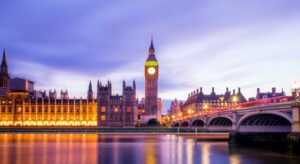Sam Altman Addresses Artists Upset About Their Stolen Work

ChatGPT and Copyright Issues
The rise of AI technologies like ChatGPT has sparked significant discussions around copyright and intellectual property rights. As companies continue to push the boundaries of machine learning, concerns about how these models utilize content created by others have come to the forefront.
The Lawsuit Against OpenAI
One of the most notable copyright concerns involves OpenAI, the organization behind ChatGPT. The New York Times filed a lawsuit against OpenAI for allegedly using its content without permission. This case highlights the ongoing conflict between large tech firms and content creators who seek recognition and financial compensation for their work.
In recent developments, OpenAI’s CEO, Sam Altman, addressed these concerns during a talk with TED’s Chris Anderson. He acknowledged the complexities surrounding AI’s relationship with copyrighted material and suggested that OpenAI needs to explore new models that might better respect creators’ rights.
The Need for a New Model
Altman expressed empathy towards individuals in creative professions who feel adversely affected by AI systems like ChatGPT. He drew parallels between how artists collect inspiration from various sources while producing their work. He posed the possibility of establishing a model where artists could opt-in to have their styles recognized and compensated when AI generates art based on their influence. However, he did not provide specific details on how such a model would be implemented.
Artists’ Concerns About AI
The conversation between Altman and Anderson illustrates a larger struggle between AI developers and artists. The implementation of generative models that can replicate or resemble distinct artistic styles has triggered concerns among creators. Recently, OpenAI launched an image-generation tool that appeared to mimic the renowned animation style of Studio Ghibli, raising eyebrows within the artistic community.
OpenAI remains tight-lipped about the datasets it uses for training its models, primarily due to mounting pressure from artists and their supporters. In a demonstration of solidarity, hundreds of notable figures—including musicians and actors—signed an open letter advocating for legal protections against the unauthorized use of copyrighted materials to train AI systems.
Public Sentiment and Potential Legislation
The letter emphasizes that AI should not compromise the creative industries that have traditionally driven economic and cultural success. The signatories argue for maintaining the integrity of copyright protections, which are crucial for the survival of the arts and media. They believe that using these works without consent undermines the value of the creative industries from which these AI systems benefit.
While it remains uncertain whether these sentiments will translate into legal changes, it is clear that public opinion is leaning toward safeguarding the rights of artists and creators. OpenAI must find a way to address these concerns effectively to build a more positive relationship with the very people who contribute to the cultural landscape through their artistic expressions.
The Road Ahead for AI and Creators
As AI technology continues to evolve, the dialogue around copyright and the role of creators must be a priority. Both AI developers and artists need to collaborate on solutions that respect artistic integrity while embracing innovation. Balancing technological advancement with copyright protection remains a critical challenge as we navigate the intersection of creativity and artificial intelligence.






